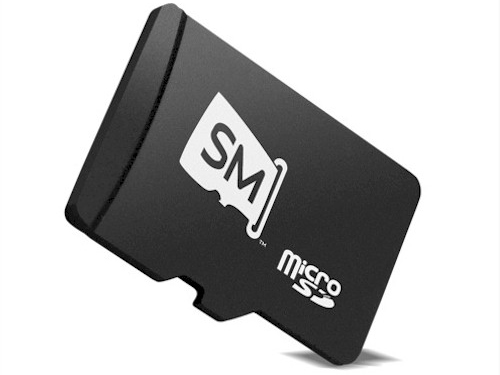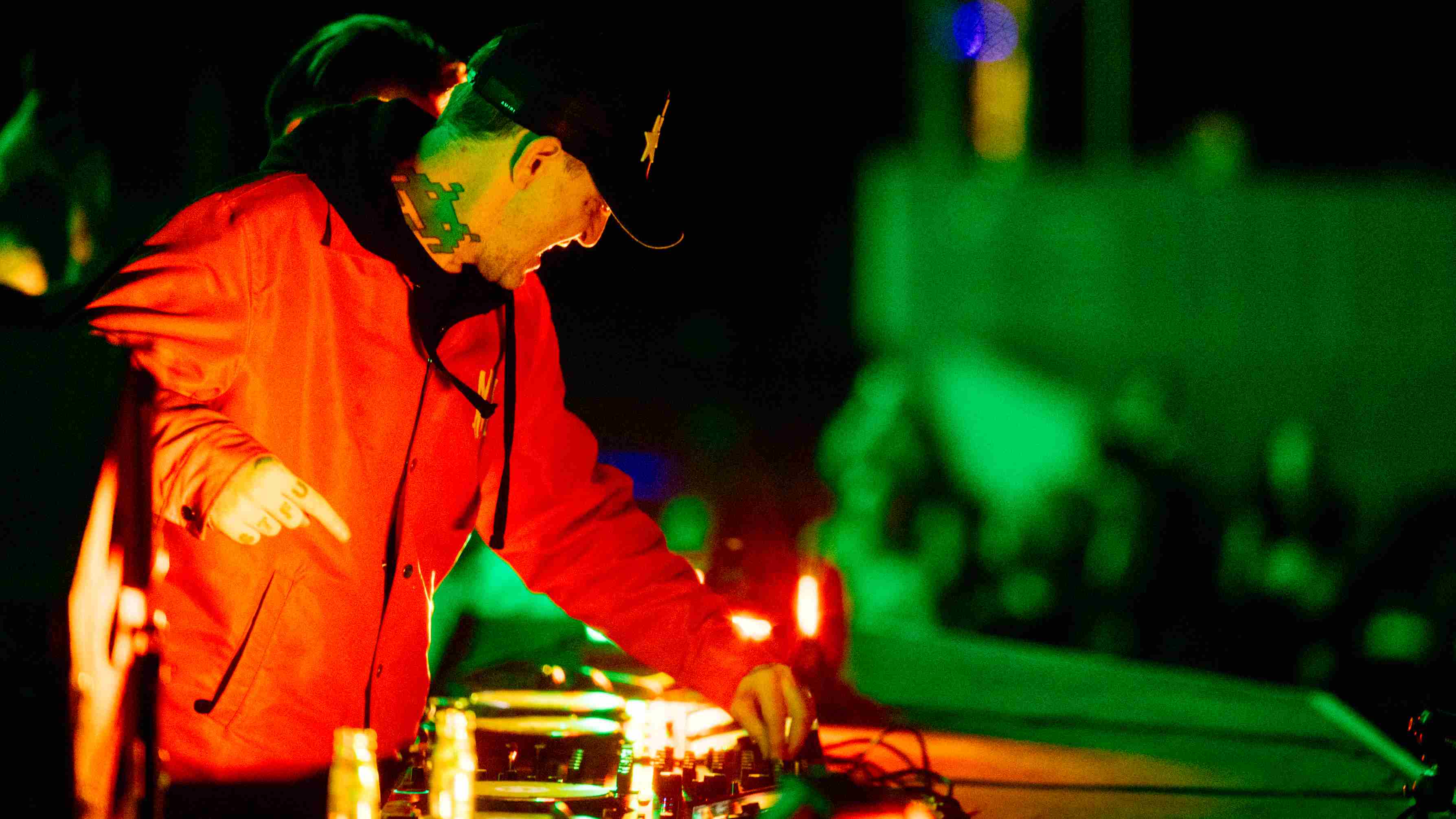BLOG: Will slotMusic's microSD card destroy the CD?
In a digital age, do we need a new physical format?

We all know that physical music sales have been on the decline for years. Artists are struggling to keep up, but they are trying. Take the 'doing a Radiohead' model or Snow Patrol's recent iPhone app experiment - the industry is changing. Or is it? Welcome to slotMusic - the CD's biggest rival since… the MiniDisc.
This brand-new format is essentially an album on a 1GB microSD card. A partnership between card manufacturer SanDisk Corporation and record labels EMI Music, Sony BMG, Universal and Warner Music Group. A slotMusic card includes MP3s, album artwork and videos, but leaves enough space for users to upload their own content and create "a personal plug-and-play media library".
It works with any microSD-enabled mobile phone or MP3 player. So you can rule iPods out.
Is it any good?
Without wading into a flash memory debate, let's take a look at the positive(s): the MP3s are DRM-free. Alright, one more: It's new, and we like new things.
"Betamax"
As for the negatives, we should look at why millions of us still buy CDs and vinyl: we like owning something physical. Sure, you can hold a slotMusic card in your hand but, let's face it, it looks boring like only a memory card can. The fact that the album's liner notes are included as media files is nothing new either. Most downloads from major digital music stores (iTunes, Nokia etc) include the artwork.
The card's MP3s play back at 330kbps. We've no gripe with this fact because it's as good as you can get from an MP3 file and only a dog could hear the difference when compared to a CD. We can't help but feel, though, that SanDisk has missed a trick with this one. One of the major complaints with consumers switching from CDs to digital downloads is the drop in sound quality. If a slotMusic card offered an even higher bit-rate, it might at least attract an audiophile fanclub.
As it stands, we're guessing the slotMusic format will disappear before you can say "Betamax".
Get the MusicRadar Newsletter
Want all the hottest music and gear news, reviews, deals, features and more, direct to your inbox? Sign up here.
Tom Porter worked on MusicRadar from its mid-2007 launch date to 2011, covering a range of music and music making topics, across features, gear news, reviews, interviews and more. A regular NAMM-goer back in the day, Tom now resides permanently in Los Angeles, where he's doing rather well at the Internet Movie Database (IMDB).
"At first the tension was unbelievable. Johnny was really cold, Dee Dee was OK but Joey was a sweetheart": The story of the Ramones' recording of Baby I Love You
"Reggae is more freeform than the blues. But more important, reggae is for everyone": Bob Marley and the Wailers' Catch a Fire, track-by-track









